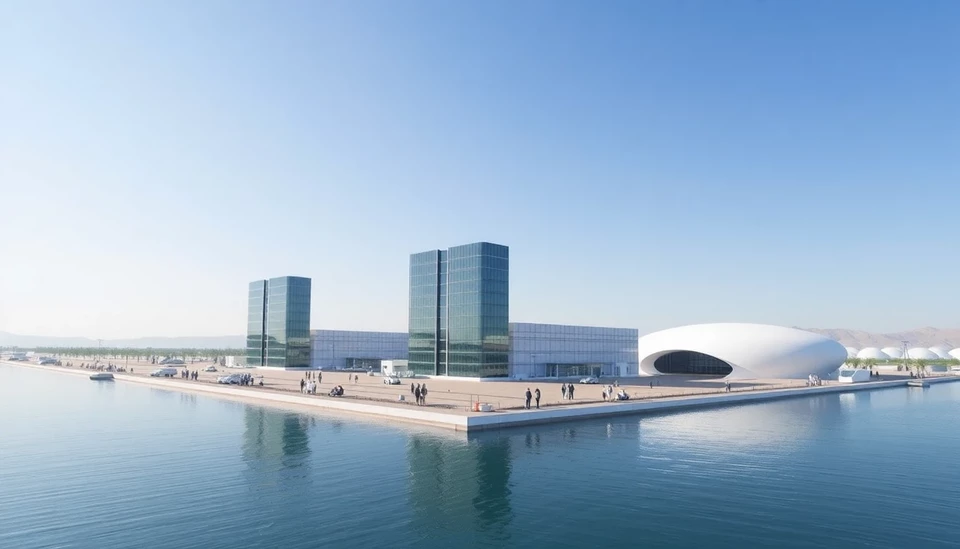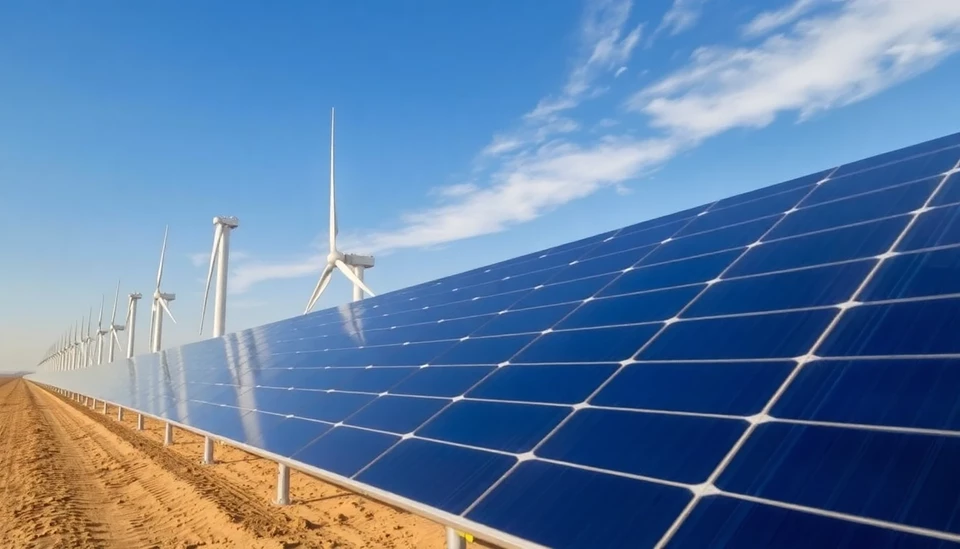
In a significant development for the renewable energy sector, Masdar, the Abu Dhabi-based energy company, has revised its timeline regarding green hydrogen production. Originally aiming to achieve a substantial capacity by 2030, the company has now announced a postponement of its green hydrogen capacity targets beyond this decade. This shift has implications for the broader commitment of the United Arab Emirates (UAE) to transition to sustainable energy sources and maintain its position in the competitive landscape of renewable energy.
Masdar’s earlier ambitions included a plan to produce about 1 million tons of green hydrogen annually by 2030. However, the company disclosed that it would not be able to meet this target due to various factors, including the scale and complexities involved in scaling up production. This announcement comes amid ongoing global competition in green hydrogen initiatives, as countries strive to secure their share in the renewable energy market.
The delay raises questions about the UAE's overall strategy and its ability to meet future energy demands sustainably. While the UAE has heavily invested in solar and wind energy projects, green hydrogen has been touted as a critical component to further diversify its energy portfolio and reduce carbon emissions. The country has set ambitious goals to play a significant role in shaping the future of clean energy worldwide.
Experts note that this postponement may affect investor confidence and could slow down the momentum that the UAE has built in the renewable energy sector. The country has positioned itself as a leader in sustainability, but setbacks like these could hinder its long-term goals, especially as international partners increase collaboration in the green hydrogen space.
Masdar's leadership acknowledged the challenges of achieving its initial targets and emphasized the necessity for more time to develop the necessary infrastructure and technology to support large-scale production. The company remains committed to exploring innovative solutions and strategic partnerships that could eventually enable it to meet its green hydrogen ambitions, albeit on a delayed timeline.
This announcement comes on the heels of growing global interest in hydrogen as a clean energy source. Many regions, including Europe and parts of Asia, are rapidly developing their hydrogen capabilities, driven by both climate commitments and the quest for energy independence. As such, the UAE's ability to keep pace with these developments will be crucial to its energy strategy moving forward.
As the world grapples with the impacts of climate change and the urgent need for greener energy solutions, the delay in Masdar's hydrogen targets serves as a reminder of the complexities and challenges inherent in transitioning to sustainable energy sources. The company will now look to capitalize on emerging technologies and is expected to announce further details on its hydrogen strategy in the coming years.
While this news may be disappointing for advocates of green energy, it also underscores the importance of realistic planning and the necessity for continuous innovation in the sector. As Masdar takes time to recalibrate its goals, the energy landscape will continue to evolve, and adaptability will be key for success in the long run.
For stakeholders in the energy sector, this news serves as both a cautionary tale about the pace of green energy transition and a prompt to remain engaged with ongoing developments in technology and policy that could shape the future of hydrogen production.
Moving forward, Masdar’s plans and actions will be closely scrutinized, as the global race towards renewable energy continues to accelerate. Stakeholders will be keenly watching how the company navigates this challenging landscape and adjusts its approach to meet the evolving demands of the energy market.
In summary, the latest updates from Masdar regarding its green hydrogen capacity targets highlight the dynamic and sometimes unpredictable nature of the energy sector and the ongoing efforts towards sustainability.
#Masdar #GreenHydrogen #UAE #RenewableEnergy #Sustainability #EnergyTransition #CleanEnergy
Author: Peter Collins
